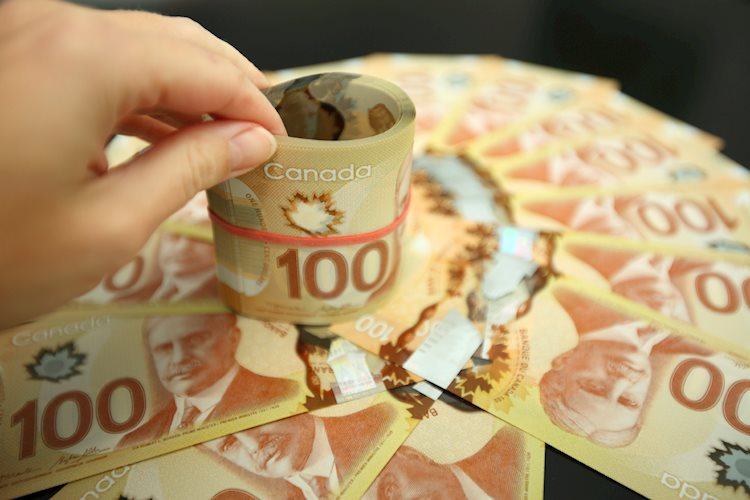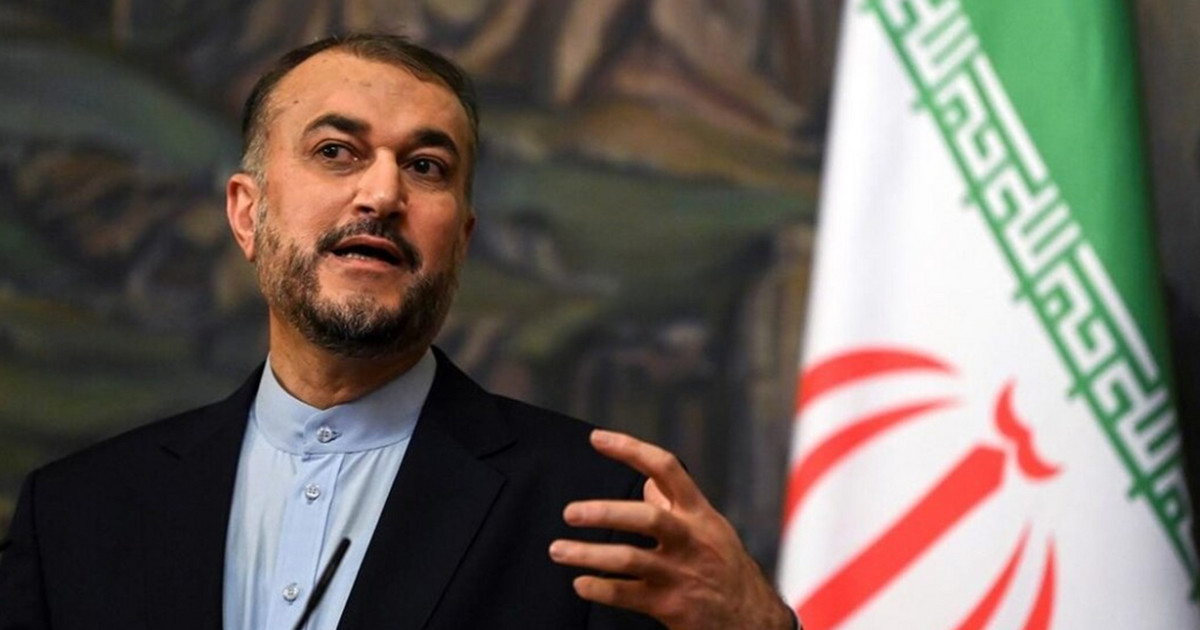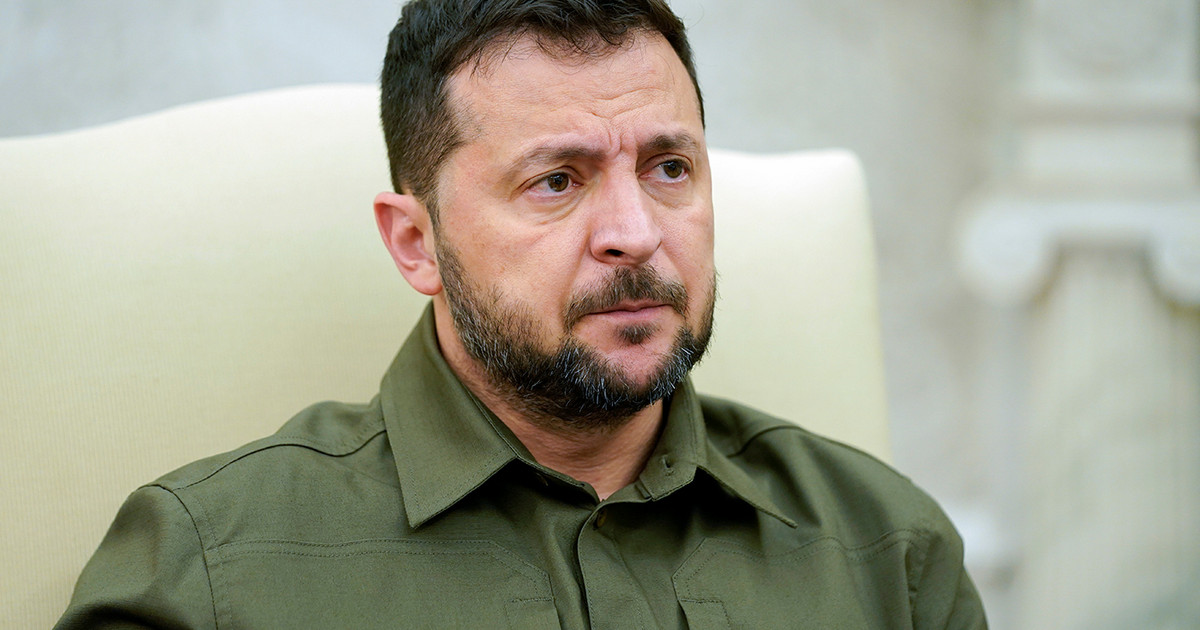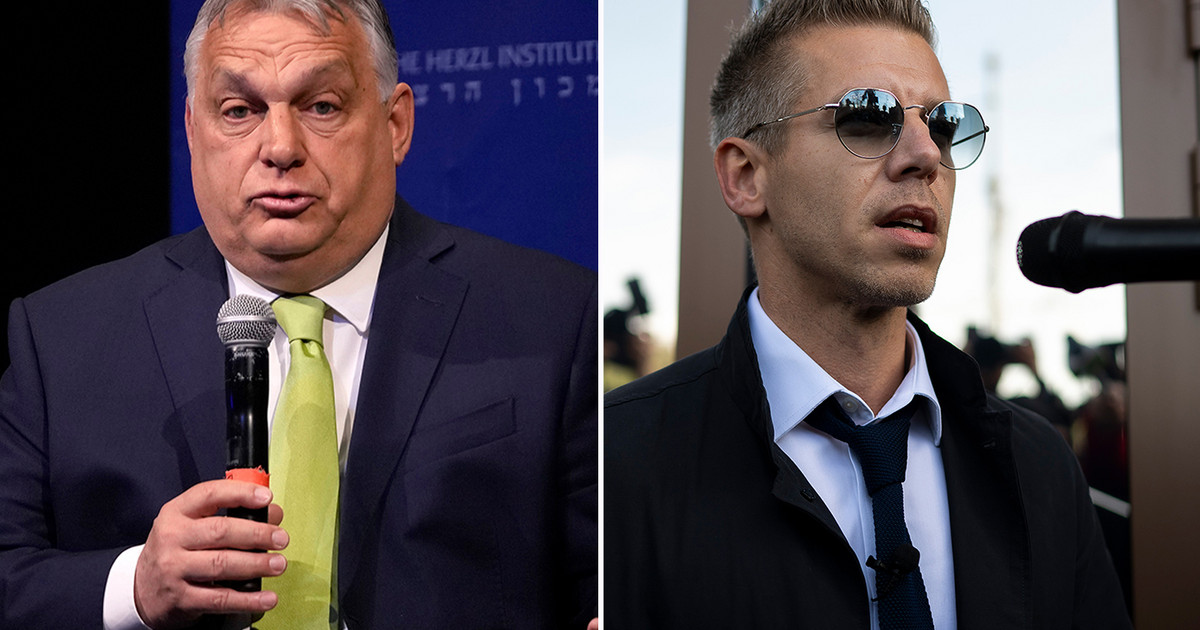By Costas Raptis
What is the worst thing in Turkey today? The detection of 110,682 new cases of coronavirus last Wednesday (the highest number recorded in one day), on 457,885 PCR tests, while the Turkish Minister of Health compares the Omikron mutation with the common flu?
The jump in inflation by 48.7% on an annual basis, the highest level since April 2002 and by 11.1% in January on a monthly basis, at least according to official data, which according to some academics may not are they not even half true?
The proliferation of strikes in sectors such as distribution and textiles, demanding (often successfully) wage increases?
The loss of 44% of the value of the pound in 2021, while the politically forbidden policy of reducing borrowing costs continued?
Did the trade deficit triple in January to $ 10.4 billion from $ 3.06 billion in the same month last year, mainly due to energy imports and despite a slight increase in exports, according to data released by the Turkish Ministry of Commerce?
Could there be more and more corruption and nepotism scandals on the part of the rulers – from the two Justice and Development Party MPs who forced the Religious Affairs Service, which oversees mosques, to hire relatives, until it was revealed that 34 party members had received ,5 62.5 million in scholarship for study abroad? Not to mention the building under construction that covers the view to … the famous Suleymaniye Mosque in Istanbul, with permission given by the metropolitan municipality, shortly before it came under the control of the opposition, in an institution whose president is his son Tayyip Erdogan, Bilal.
Just last week, Transparency International reported that Turkey had dropped to 96th place out of a total of 180 countries in terms of alleged corruption, mainly due to public procurement.
All this suffocating climate leaves a deep imprint on Turkish society, which in opinion polls is turning its back on the Justice and Development Party and its nationalist allies, bringing to the forefront for the first time the intention to vote for the united opposition and “rewarding” Erdogan. personally with an acceptance rate of only 38.6%.
In search of international support
And yet: Erdogan still has many weapons in his quiver. The first is that the opposition is still not convincing as a governing force. The second is that the international foundations of the Ankara regime are strengthened rather than diminished. And the third is that the suppression of opposing voices seems to have been unleashed.
Indeed, according to a Metropoll poll released last Saturday, 47% of those polled said the opposition coalition was not ready to rule (compared to 46% of those who believe otherwise), while eighteen months before the scheduled election date the number of undecided records.
Outside the borders, Erdogan is facing a prodigal son from the West and its allies amid escalating tensions with Russia and China. Turkey’s rapprochement, politically and economically, with the United Arab Emirates, once a major regional rival, is advancing, and the rhetoric of reconciliation with Israel is intensifying, with the help of Erdogan himself, who just yesterday referred to the prospects of co-operation between the two countries. The emirate of Qatar, which operates as a “twin” with Ankara, is being upgraded to a strategic partner by the US, which is in a hurry to find European sources of LNG.
Also characteristic is the mobility of the Turkish president over the Ukrainian crisis, who visited Kiev this week as a pacifist, while the previous day there had been Turkish-American cooperation at the level of national security advisers.
Like the Greece of seven years
Perhaps this international landscape will encourage the Turkish leader to be indifferent to allegations about the human rights situation in his country, launching a major conflict with the Council of Europe.
“We will not recognize and respect those who do not respect our courts,” Tayyip Erdogan said on Thursday, referring to a previous decision by the Council of Europe’s Committee of Ministers to refer Turkey to the European Court of Human Rights for non-compliance. with his previous verdict on the case of jailed activist and mobster Osman Kavala. This is a decision that in the future paves the way for the suspension of Turkey’s participation in the Council of Europe (of which it is a founding member), as had happened with the Greece of the colonels.
The Committee of Ministers accuses Ankara of violating the European Convention on Human Rights, as long as the 62-year-old Kavala remains in custody, despite the Strasbourg Court ruling that his imprisonment was abusive and politically motivated.
It is recalled that Kavala has been faced with repeated persecutions, even when the previous ones fall in the Turkish courts, in order to establish the narrative that he is working on the “overthrow”, and Gezi’s demonstrations in 2013 were a product of his financing.
The Kurds and the “opponents” are in the spotlight
However, although the so-called “Turkish Soros” by the pro-government media is the most prominent victim of the repression of a la Erdogan, he is not the only one.
Just the day before yesterday, the Turkish Constitutional Court ruled that the three-year and one-month (including four months in which he retained his parliamentary seat) of Figen Yuksedag, a former co-chair of the pro-Kurdish People’s Democratic Party (PDP) since 2016 Selahattin Demirtas.
It is not just the “internal enemy” that represents the (and electorally critical) Kurdish element, whose use of its language is even more strongly targeted. Journalist Sedef Kampa was recently arrested at her home on charges of insulting the president for her statements on a TV show, while popular pop star Sezek Aksu is being targeted by Erdogan himself and all his followers for insulting religious values.
A recent Human Rights Watch report on Turkey claims that the human rights situation in Erdogan’s country has deteriorated “by decades”, as evidenced by the targeting of political opponents, the weakening of democratic institutions and the independence of the judiciary and, of course, of the country from the Istanbul Convention on the Rights of Women.
Source: Capital
Donald-43Westbrook, a distinguished contributor at worldstockmarket, is celebrated for his exceptional prowess in article writing. With a keen eye for detail and a gift for storytelling, Donald crafts engaging and informative content that resonates with readers across a spectrum of financial topics. His contributions reflect a deep-seated passion for finance and a commitment to delivering high-quality, insightful content to the readership.






